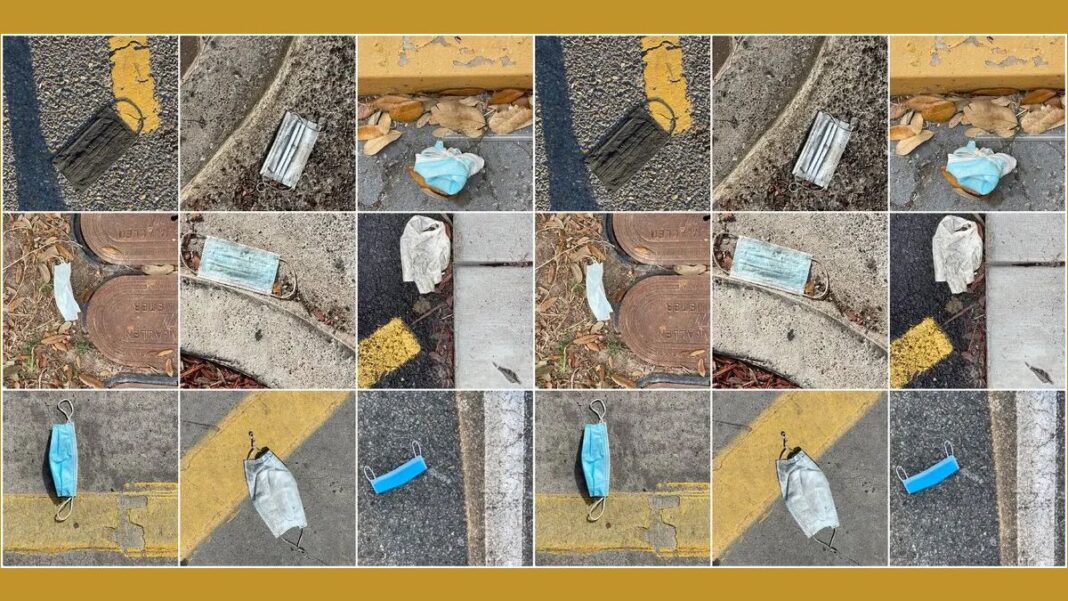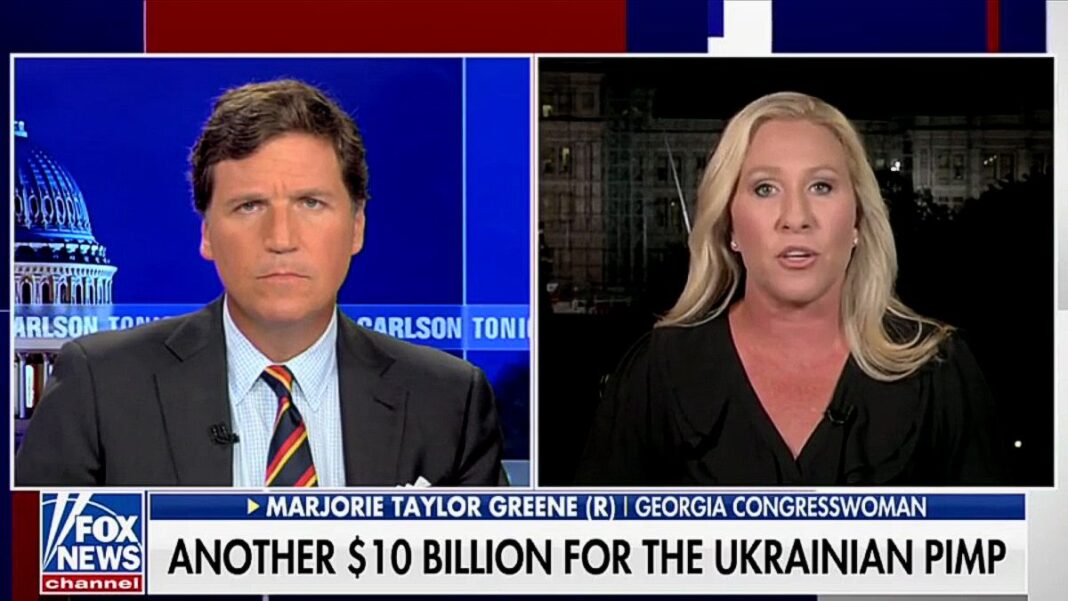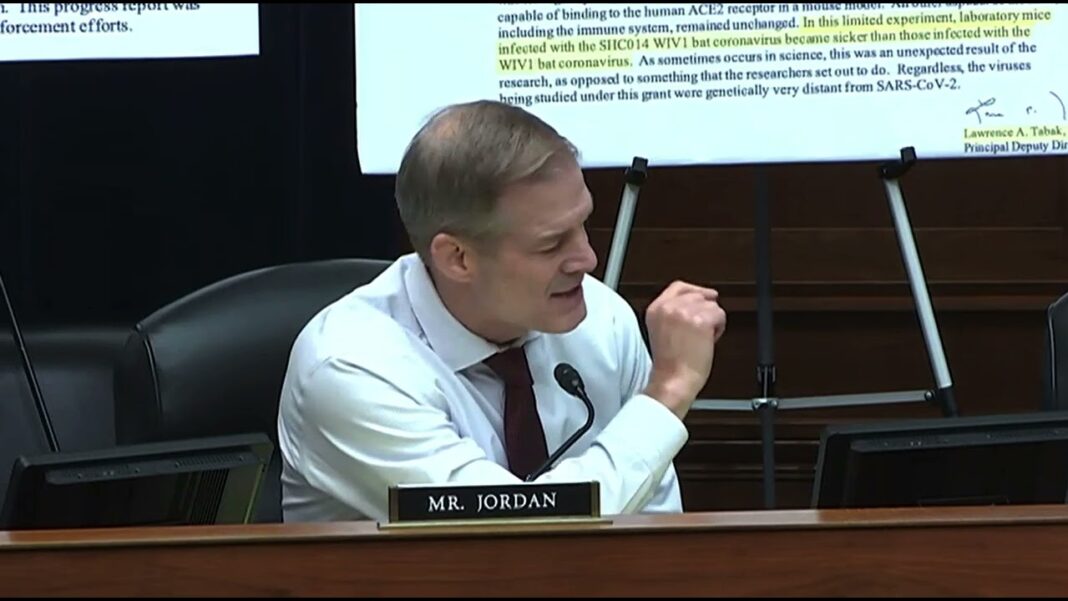The most rigorous and comprehensive analysis of scientific studies conducted on the efficacy of masks for reducing the spread of respiratory illnesses — including COVID-19 — was published late last month. Its conclusions, said Tom Jefferson, the Oxford public health researcher who is its lead author, were unambiguous.
“There is just no evidence that they” — masks — “make any difference,” he told journalist Maryanne Demasi. “Full stop.”
But wait, hold on. What about N95 masks, as opposed to lower-quality surgical or cloth masks?
“Makes no difference — none of it,” said Jefferson.
What about the studies that initially persuaded policymakers to impose mask mandates?
“They were convinced by non-randomized studies, flawed observational studies.”
What about the utility of masks in conjunction with other preventive measures, such as hand hygiene, physical distancing or air filtration?
“There’s no evidence that many of these things make any difference.”
These observations don’t come from just anywhere. Jefferson and 11 colleagues conducted the study for Cochrane, a British nonprofit widely considered the gold standard for its reviews of health care data. The conclusions were based on 78 randomized controlled trials, six during the COVID-19 pandemic, with a total of 610,872 participants in multiple countries. And they track what has been widely observed in the United States: States with mask mandates fared no better against COVID-19 than those without.
No study — or study of studies — is ever perfect. Science is never absolutely settled. What’s more, the analysis does not prove that proper masks, properly worn, had no benefit at an individual level. People may have good personal reasons to wear masks, and they may have the discipline to wear them consistently.
But when it comes to the population-level benefits of masking, the verdict is in: Mask mandates were a bust.
When people say they “trust the science,” what they presumably mean is that science is rational, empirical, rigorous, receptive to new information, sensitive to competing concerns and risks. Also: humble, transparent, open to criticism, honest about what it doesn’t know, willing to admit error.
The CDC’s increasingly mindless adherence to its masking guidance is none of those things. It is turning itself into an unwitting accomplice to the genuine enemies of reason and science — conspiracy theorists and quack-cure peddlers — by so badly representing the values and practices that science is supposed to exemplify.
Yet there was never a chance that mask mandates in the United States would get anywhere close to 100% compliance or that people would or could wear masks in a way that would meaningfully reduce transmission. Part of the reason is specific to American habits and culture, part of it to constitutional limits on government power, part of it to human nature, part of it to competing social and economic necessities, and part of it to the evolution of the virus itself.
But whatever the reason, mask mandates were a fool’s errand from the start. They did almost nothing to advance safety itself. The Cochrane report ought to be the final nail in this particular coffin.
There’s a final lesson. The last justification for masks is that, even if they proved to be ineffective, they seemed like a relatively low-cost, intuitively effective way of doing something against the virus in the early days of the pandemic. But “do something” is not science, and it shouldn’t have been public policy. The people who had the courage to say as much deserved to be listened to, not treated with contempt. They may not ever get the apology they deserve, but vindication ought to be enough.
Published February 21, 2023







